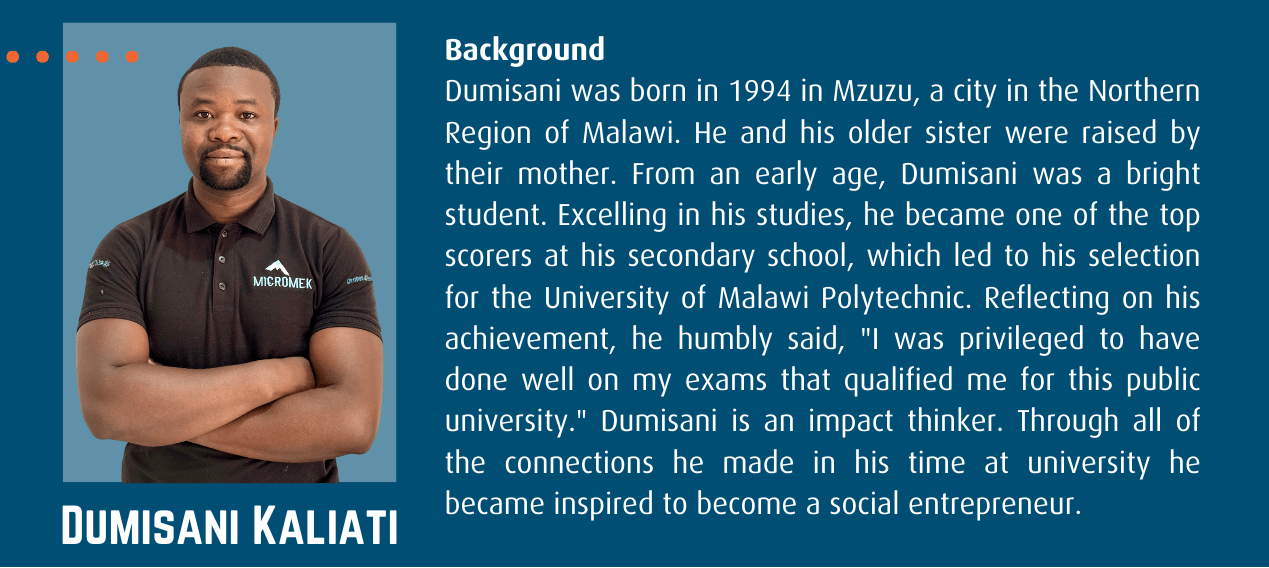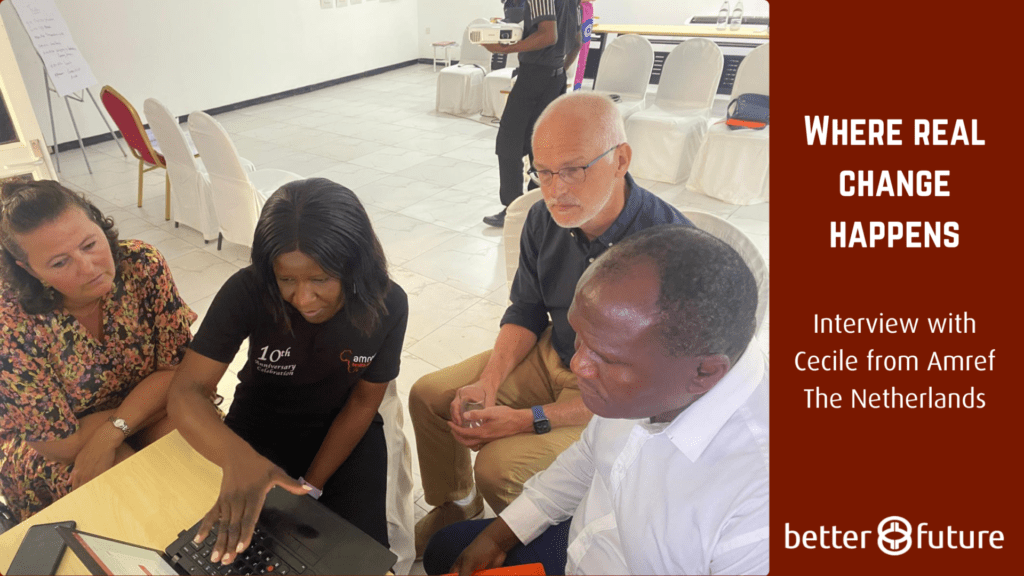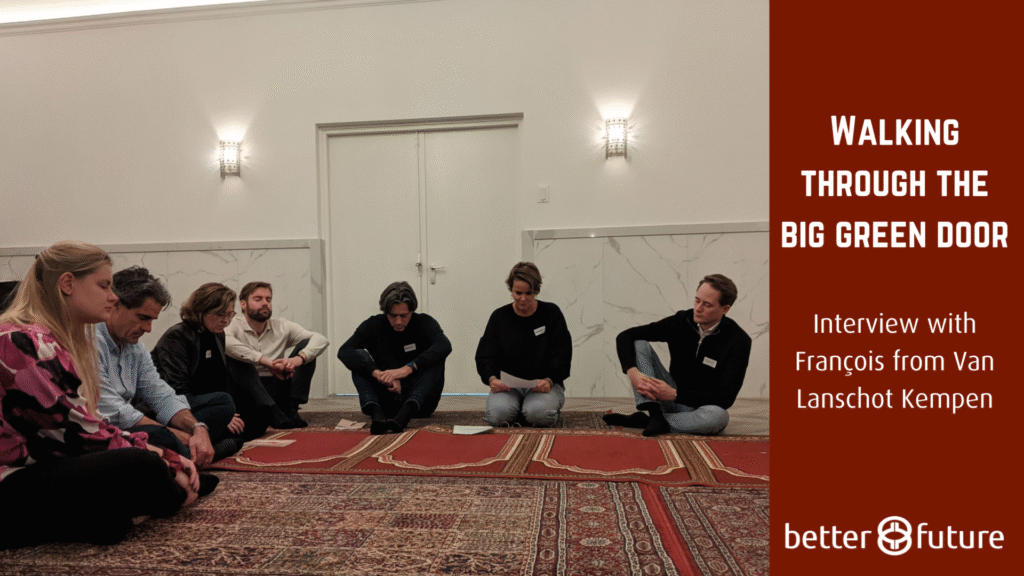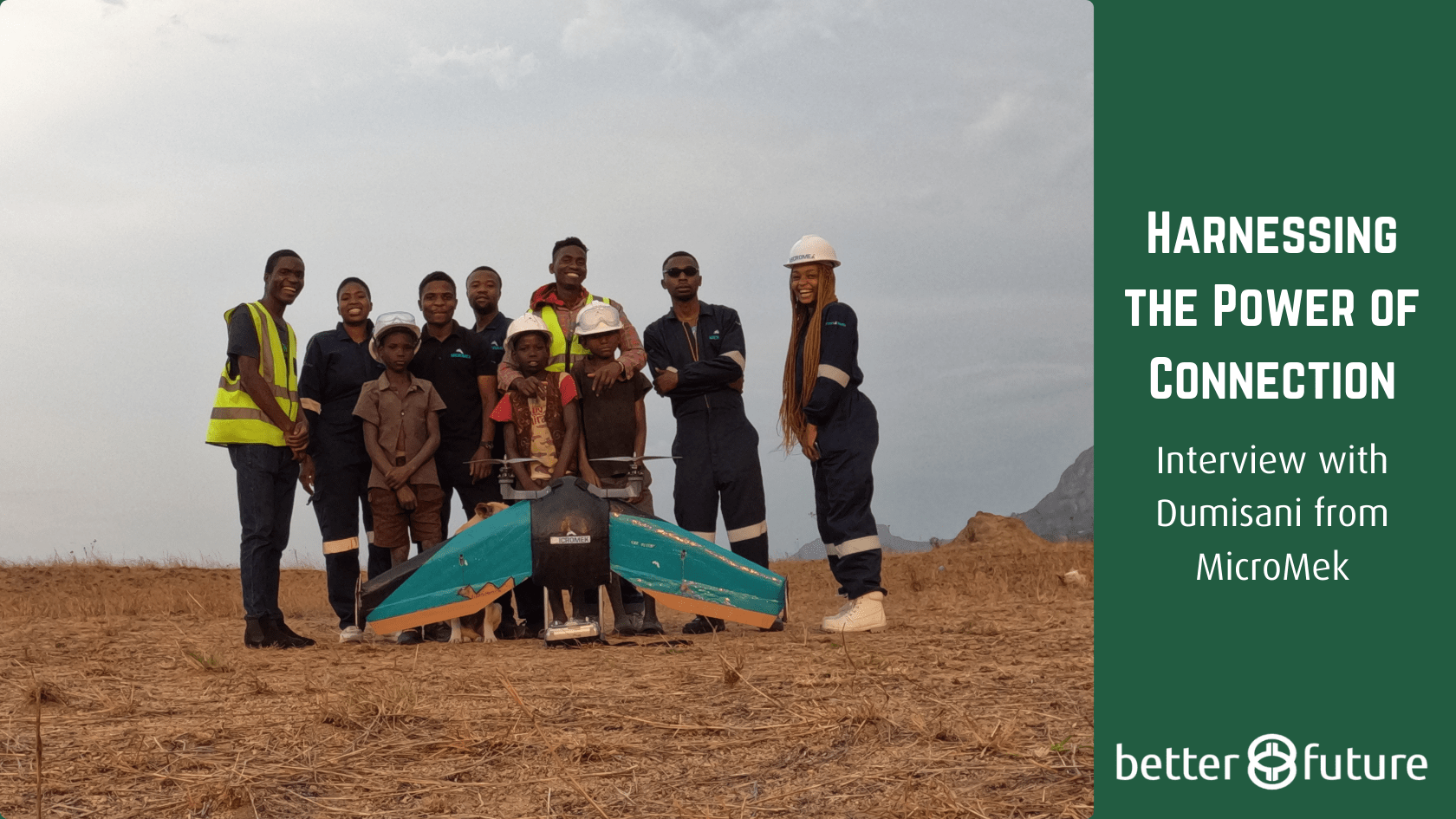
How did a serious tech nerd become a social entrepreneur, saving lives, & empowering youth?
The short answer is: the ability to create unlikely human connections and genuine curiosity. The longer answer is a lot more interesting…
This story starts with a small conversation between a bright student named Dumisani and a woman begging for money outside the Queen Elizabeth Hospital in Blantyre, Malawi. Here in Blantyre, he studied Information Technology at the Malawi Polytechnic University.
“For years I’ve passed a group of women, on my way to class and thought they were trying to scam me for money. Somewhere in my third year, I ended up talking to them, finding out that they genuinely needed money— they had travelled long distances for medical care and couldn’t afford to return home.”
This eye-opening encounter highlighted a critical issue: there is a lack of healthcare facilities in rural Malawi. “I started researching and found out that women and children would walk an average of 2-3 hours to get to the nearest health center. This sparked something in me, so I wanted to figure out how he could help people from remote areas access better health care.”

“Around the same time, I was selected to part-take in an entrepreneurship boot camp. Before attending, I knew very little about entrepreneurship—I had heard the term but didn’t understand it. After the boot camp things fell into place and I realized I am more destined for entrepreneurship than anything else.”
“Initially, I developed a hardware system to send SMS reminders to patients to take medication. It offered helpful health tips but it did not address the issue of patients travelling long distances for health care. The breakthrough came when UNICEF and the Malawian government, collaborating with Virginia Tech University, introduced a drone corridor in Kasungu. A professor from Virginia Tech trained me in drone design. That made me connect the dots—with my hardware skills, we could build drones to deliver medicine to remote communities.”
Connecting the dots, Dumisani’s entrepreneurial vision was born. Building autonomous drones to provide last-mile delivery of lifesaving medicines and blood. MicroMek was registered as a company in 2018.

And the story does not end here! “I set up a youth training program within MicroMek. 60% of the participants in our programs are girls, this is a deliberate action I took to break the gender barrier in STEM education in Malawi. So far, we have trained 3000 young people already.” Clearly, Dumisani’s unwavering commitment to community empowerment shines through everything he does.
In our ongoing mission to connect value chain partners, we invited him to present his work with MicroMek in a program we ran with Amref Malawi and Univé (a Dutch insurance company). This program was designed to learn from each other, to get inspired, and to potentially set up collaborations. With the mission to make more impact. In a serendipitous twist, “I have always dreamed of collaborating with Amref Malawi. It was like the universe made this happen. I was grateful to see how interested Amref was in our drones and were eager to learn more and collaborate in the future.”
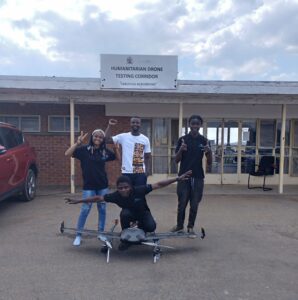
When we invited him to our program, true to his collaborative spirit, he brought along three team members, amplifying the impact in his team. “After returning from the Better Future program, we shared our new knowledge with the team and integrated it into our work. Our main takeaway was improving team communication (inspired by the violent and non-violent communication session) and engaging in deliberate team-building exercises. Despite being a young team, we felt so welcomed and we were grateful that our insights were equally valued by experienced professionals.”
Dumisani’s transformation from tech enthusiast to founder of MicroMek—a company revolutionizing healthcare in rural areas—demonstrates how powerful connections can ignite life-changing ideas. When good people meet, great things will follow.

